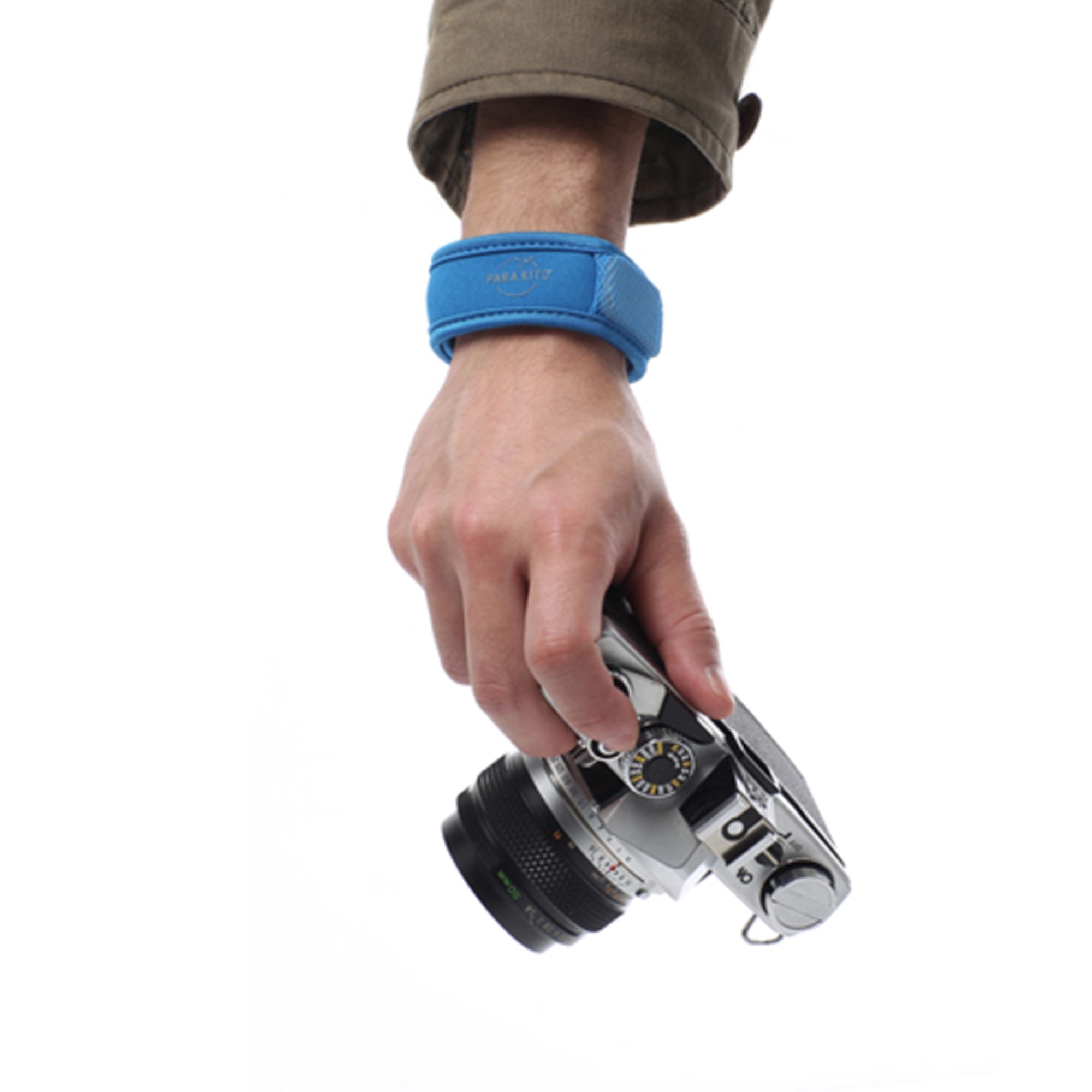The Allure of Wristbands: Chemical-Free Protection or Marketing Myth?
Picture this: you’re enjoying a beautiful summer evening outdoors, the only downside being the ever-present threat of pesky mosquitoes. You’ve probably seen those colorful wristbands promising a chemical-free haven from these biting insects. They sound almost too good to be true – just strap one on and enjoy your mosquito-free zone, right?
The truth, as with many things, is a bit more complicated. While the idea of a simple, natural solution to mosquito bites is undoubtedly appealing, the reality is that the effectiveness of insect repellent wristbands is hotly debated. To understand why let’s delve into how these bands claim to work and what science has to say about their effectiveness.
How Do Insect Repellent Wristbands Work (Or Do They)?
Most insect repellent wristbands are infused with plant-based essential oils, like citronella, geraniol, and lemongrass, known for their strong scents. The underlying theory is that these oils slowly diffuse into the air around the wearer, creating a protective scent-based barrier. This barrier supposedly masks the tempting smells that attract mosquitoes – our body heat, sweat, and even the carbon dioxide we exhale – or makes us smell less appetizing to them.
Sounds plausible enough, right? Well, here’s where things get a little tricky. While the concept of scent-masking as a mosquito repellent has some merit, scientific studies investigating the effectiveness of wristbands have yielded mixed results, often failing to live up to their lofty claims.
The Evidence: What Science Says About Wristband Effectiveness
One of the main issues highlighted by researchers is the limited scope of protection offered by wristbands. Independent tests, including those conducted by Consumer Reports, have consistently found that the repellent radius of these bands is surprisingly small, extending only a few centimeters around the wrist itself. This limited range leaves a significant portion of the wearer’s body vulnerable to mosquito bites.
Furthermore, while some individuals might swear by their mosquito-repelling wristbands, anecdotal evidence often doesn’t hold up to scientific scrutiny. Controlled studies comparing the effectiveness of wristbands to proven mosquito repellents, such as DEET, show a stark difference, with wristbands consistently underperforming.
Adding to the skepticism, the Federal Trade Commission (FTC) has even taken action against some wristband manufacturers for making misleading and unsubstantiated claims about their products’ effectiveness. This regulatory action underscores the importance of approaching these products with a healthy dose of skepticism.
Factors Influencing Wristband Effectiveness (Or Lack Thereof)
Several factors can influence how well (or poorly) an insect repellent wristband works, including:
- Type and Concentration of Repellent: The type of essential oil used and its concentration in the wristband play a crucial role. Some oils might be more effective than others against certain mosquito species, and higher concentrations might offer slightly better protection, though still limited in range.
- Environmental Conditions: Factors like wind, humidity, and temperature can significantly impact the dispersal and longevity of the scent released by wristbands. A strong breeze can easily dissipate the scent, rendering the wristband virtually useless.
- Individual Mosquito Sensitivity: Mosquito species, like humans, have different preferences and sensitivities. The scent that effectively repels one type of mosquito might be completely ineffective against another.
Beyond Wristbands: Exploring Effective Mosquito Protection Strategies
Given the limited and inconsistent protection offered by mosquito repellent wristbands, it’s crucial to consider alternative strategies, especially if you’re serious about avoiding those itchy bites. Here are some science-backed methods for keeping mosquitoes at bay:
- Topical Repellents: Repellents containing ingredients like DEET, picaridin, and oil of lemon eucalyptus have been rigorously tested and proven effective by organizations like the Environmental Protection Agency (EPA).
- Protective Clothing: Wearing long-sleeved shirts, long pants, and socks can physically block mosquitoes from reaching your skin. You can further enhance protection by treating clothing with permethrin, an insecticide that repels mosquitoes and ticks.
- Environmental Control: Eliminating mosquito breeding grounds around your home is crucial for long-term mosquito control. Remove standing water sources, such as buckets, flower pots, bird baths, and clogged gutters.
- Mosquito Nets: When sleeping outdoors or in areas with high mosquito populations, using mosquito nets over beds and sleeping areas can provide a physical barrier against bites.
The Bottom Line: Wristbands Alone Won’t Cut It
While mosquito repellent wristbands might seem like a convenient and natural solution, the evidence suggests their effectiveness is limited and inconsistent. Relying solely on a wristband for protection could leave you vulnerable to bites. For truly reliable mosquito defense, stick with proven methods like EPA-approved repellents, protective clothing, and environmental control measures. These strategies, combined with a healthy dose of awareness, will help you enjoy the outdoors with minimized risk of becoming a mosquito buffet.
















